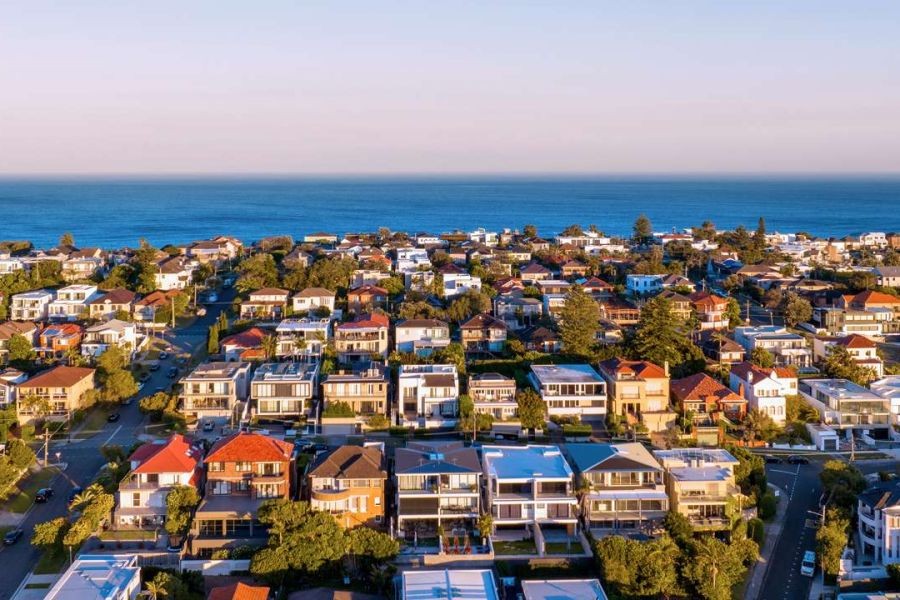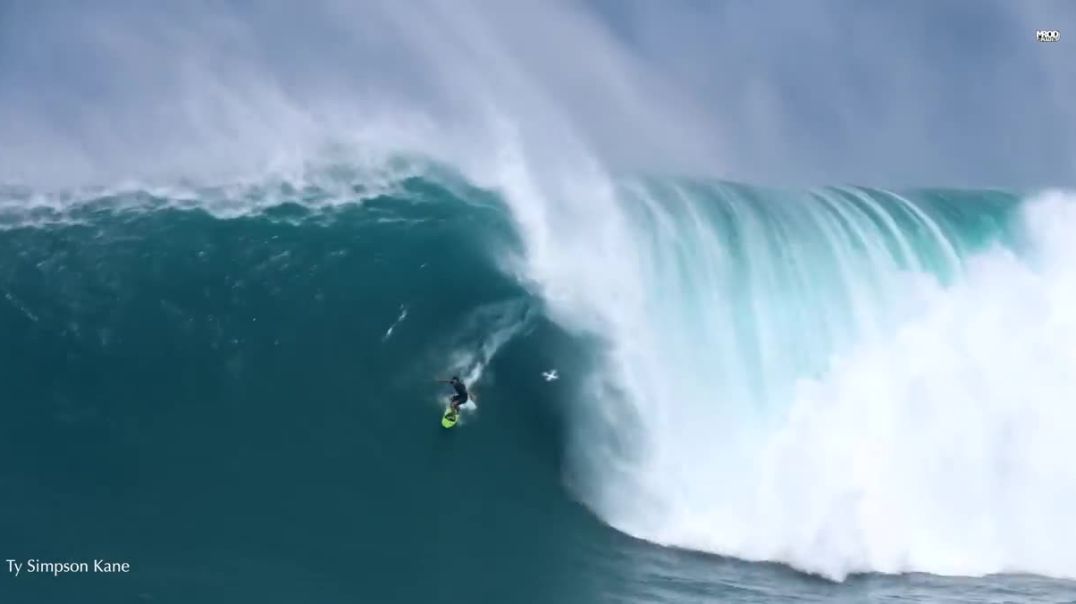Imagine a world where the dream of homeownership is slipping farther from reach, despite the seemingly idyllic vistas of rolling hills and coastal beauty. Welcome to New Zealand, a nation where property prices have skyrocketed to some of the highest in the world. For tax specialists, investors, and policymakers, this trend presents both a challenge and an opportunity. But what drives these soaring prices, and what can be done to mitigate the effects? Let’s delve into the factors contributing to New Zealand's expensive real estate market, supported by data-driven insights and expert analysis.
Understanding New Zealand's Property Market Dynamics
According to the Reserve Bank of New Zealand, the country's housing prices have more than doubled in the past decade. As of 2023, the average house price in Auckland, New Zealand's largest city, exceeds NZD 1 million. This surge in prices is not just a reflection of demand outstripping supply; it is also deeply rooted in unique economic and social factors.
Supply Constraints and Urbanization
One of the leading drivers is the limited supply of housing. With stringent zoning laws and a slow approval process for new developments, the construction of new homes has not kept pace with the growing population. In fact, Stats NZ reports that the population has increased by over 10% in the last five years, with much of this growth concentrated in urban areas. This urbanization trend puts additional pressure on housing markets, particularly in cities like Auckland and Wellington.
Low-Interest Rates: A Double-Edged Sword
Historically low-interest rates have made borrowing cheaper, encouraging more people to enter the property market. While this has boosted homeownership for some, it has also led to increased competition and higher prices. According to a report by the Reserve Bank of New Zealand, mortgage lending grew by over 7% annually for the past three years, exacerbating the affordability crisis.
Foreign Investment and Speculation
Foreign investment has also played a role, although its impact has been somewhat mitigated by recent government measures. In 2018, New Zealand banned the sale of existing homes to foreign buyers to cool the market. Despite this, foreign speculators continue to influence the market, particularly in the luxury segment. The Ministry of Business, Innovation, and Employment (MBIE) notes that foreign buyers still account for a significant share of new high-end developments.
Case Study: The Impact of Policy Changes on Property Prices
Problem:
The New Zealand government faced increasing pressure to address housing affordability. With prices soaring, first-time buyers struggled to enter the market, and rental prices were becoming untenable for many.
Action:
In response, the government introduced several policy measures, including the foreign buyer ban and increased investment in affordable housing projects. Additionally, they implemented stricter lending criteria to curb speculative buying.
Result:
- Following these changes, the rate of price increases slowed, with a 12% reduction in annual growth rates in 2023 compared to 2022.
- The supply of affordable homes increased by 15% over two years.
- First-time homebuyer activity rose by 20% in the same period.
Takeaway:
This case study illustrates the effectiveness of targeted policy interventions in stabilizing a volatile market. For New Zealand, ongoing government engagement and innovative housing solutions are essential to maintain this momentum.
Debunking Common Myths About New Zealand's Property Market
When it comes to expensive property markets like New Zealand's, misconceptions abound. Here are three common myths and the realities that dispel them:
- Myth: "Expensive properties are only in the cities." Reality: High property prices are also prevalent in rural and semi-rural areas due to lifestyle demand and limited supply, as noted by the NZ Property Investors’ Federation.
- Myth: "Foreign buyers are the main culprits for high prices." Reality: While foreign investment contributes, domestic factors like low-interest rates and high demand play a more significant role (MBIE).
- Myth: "The market will crash soon." Reality: Although growth has slowed, a crash is unlikely due to strong economic fundamentals and continued demand (Reserve Bank of NZ).
Pros and Cons of Investing in New Zealand's Property Market
For those considering investment, it’s crucial to weigh the benefits and drawbacks:
Pros:
- High ROI: Property investment in New Zealand has historically yielded significant returns due to constant demand.
- Stable Economy: The country's economic stability adds security for long-term investments.
- Favorable Tax Policies: New Zealand offers relatively investor-friendly tax regulations compared to other OECD countries.
Cons:
- High Entry Costs: The initial cost of investment is prohibitive due to high property prices.
- Market Volatility: Fluctuations in demand and policy changes can impact returns.
- Regulatory Risks: Future policy shifts could affect foreign investment and tax advantages.
Future Trends and Predictions
Looking ahead, the trajectory of New Zealand's property market will be shaped by several emerging trends:
- According to a Deloitte report, by 2028, urban areas will see a 30% increase in high-density housing, driven by policy shifts and demand for sustainable living solutions.
- The MBIE predicts that technological advancements in construction, such as prefabricated homes, will reduce costs and increase supply.
- Environmental factors will gain prominence, with a focus on green building practices and energy efficiency, impacting both new developments and existing properties.
Final Takeaways
- Understand Market Dynamics: Keep abreast of economic indicators and policy changes to make informed investment decisions.
- Consider Long-Term Strategies: While the market remains expensive, strategic investments can yield substantial returns over time.
- Stay Informed: Regularly consult with tax specialists and property advisors to navigate the complexities of the market.
As New Zealand continues to grapple with the challenges of an expensive property market, understanding the underlying dynamics and leveraging expert insights will be crucial for investors and policymakers alike. What's your take on New Zealand's property market? Share your thoughts and insights below!
Frequently Asked Questions (FAQ)
- How does New Zealand's property market affect first-time buyers? The high cost of properties makes it difficult for first-time buyers to enter the market, but government policies are now helping to improve affordability.
- What are the biggest misconceptions about New Zealand's property market? A common myth is that foreign buyers are the main cause of high prices, but domestic factors like low-interest rates are more influential.
- What are the best strategies for investing in New Zealand property? Experts recommend focusing on long-term investments in high-growth areas and staying informed about market trends and policy changes.
- What upcoming changes could impact New Zealand's property market? By 2028, increased high-density housing and technological advances in construction are expected to shape the market.
- Who benefits the most from New Zealand's property market? Investors, developers, and homeowners in high-demand areas benefit the most, given the potential for high returns and capital growth.
Related Search Queries
- New Zealand property market trends 2023
- Impact of foreign investments in NZ real estate
- Affordable housing solutions in New Zealand
- New Zealand housing policy changes 2023
- Investing in Auckland property market
- Economic impact of high property prices in NZ
- Future of New Zealand real estate
- Comparison of NZ property market with Australia
- Best regions to buy property in New Zealand
- How to navigate NZ's housing affordability crisis






























dnrparklink
6 hours ago